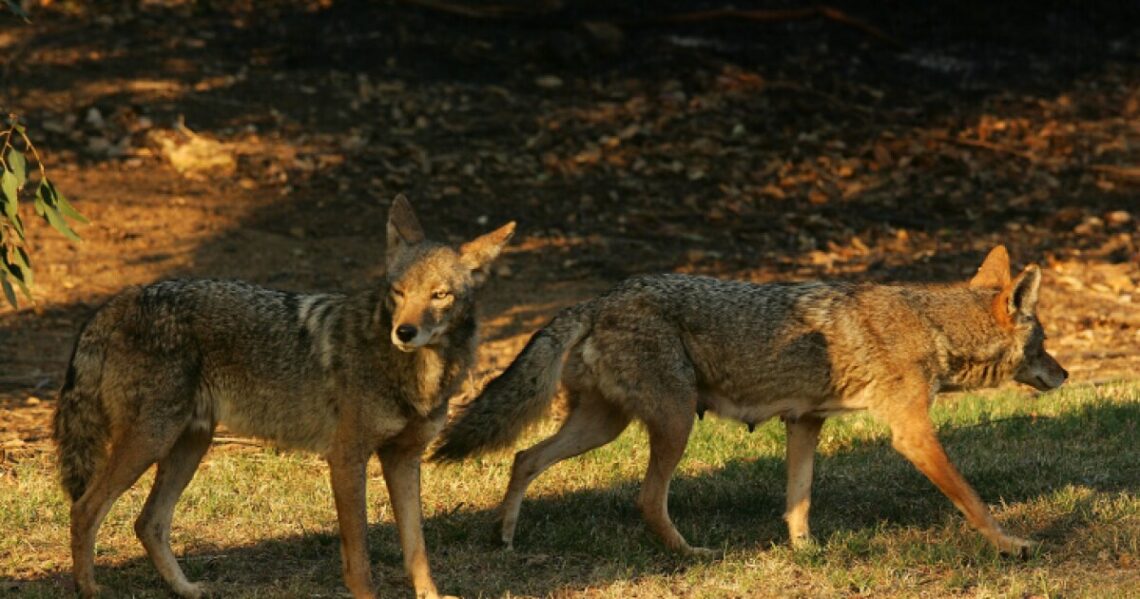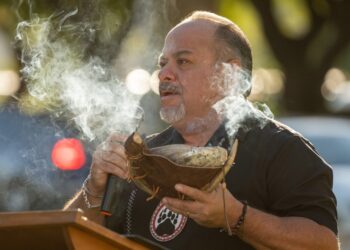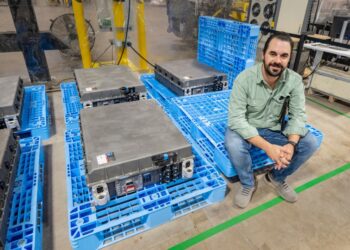If you feel like there’s been more coyotes around your neighborhood, acting more aggressively, you may be right.
Coyotes have wrapped up their infamous mating season — and now it’s time to cue the cute factor: Coyote pup season is in full swing. And that means some behavioral changes.
What you should know about the season
Coyotes have three biological seasons, said Niamh Quinn, a human-wildlife interactions advisor with the University of California’s Department of Agriculture and Natural Resources.
There’s breeding season, pup season, and then what she calls the dispersal season, where the young coyotes go off on their own. But during pup season, the coyotes are focused on raising and caring for the babies.
“They’re starting to den down, and it’s been shown in certain areas that coyotes can be very aggressive around the den itself at that time,” Quinn said.
In California, coyotes breed primarily between January and March, according to the U.S. Forest Service. Their litters, which can be about five to six pups each, are born between March and May. Some packs may start earlier in the year, she said. For example, her team saw dens being dug out as early as December in Orange County.
But what most coyotes are doing now is beginning to raise those babies. That typically lasts until September.
During this time, the adult coyotes have more mouths to feed.
Understanding coyote behavior
Coyotes are cooperative breeders, meaning that the pack gets involved to help raise the young. That creates a lot of activity around the dens.
“The thing about a coyote den is that you could be stood right on top of one and not even know…
Read the full article here







